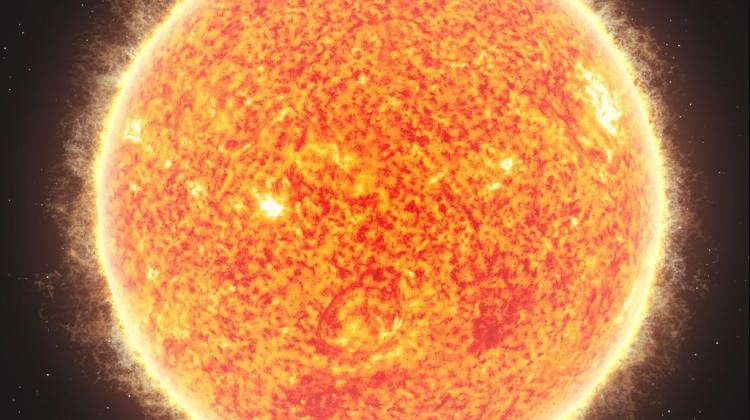The Solar Corona Mainly Consists Of

The spectrum of nearly all solar electromagnetic radiation striking the earth s atmosphere spans a range of 100 nm to about 1 mm 1 000 000 nm.
The solar corona mainly consists of. These whips of highly charged fast moving plasma are the sun s corona so called because when seen during a solar eclipse they look like the point on a crown. The corona is a halo of light around the sun it consist of gases. A solar flare may cause charged particles to enter the earths atmosphere. By measuring the speed of the solar wind.
As the outer corona disperses it must be replaced by gases welling up from below lower corona. These speeds are so high that the particles can escape the sun s gravity. A corona latin for crown in turn derived from ancient greek κορώνη korṓnē garland wreath is an aura of plasma that surrounds the sun and other stars the sun s corona extends millions of kilometres into outer space and is most easily seen during a total solar eclipse but it is also observable with a coronagraph. Solar corona mainly consist of gases hydrogen and helium and other inert gases but present in very small amount.
From the configuration of the sun s magnetic field. Although the solar corona is a source of extreme ultraviolet and x ray radiation these rays make up only a very small amount of the power output of the sun see spectrum at right. Apparent magnitude refers to real luminosity. Because coronal emission lines indicate the presence of molecular hydrogen and atomic helium.
From it comes the solar wind that travels through our solar system. Science astronomy atmosphere of the sun. Fusion of hydrogen is the main source of the sun s energy. C n o ne mg si s and fe ripped apart by heating of the sun s outer atmosphere that is the corona feldman et al 1998.
The corona continually varies in size and shape as it is affected by the sun s magnetic field. Photosphere chromosphere corona the atmosphere of the sun is composed of several layers mainly the photosphere the chromosphere and the corona. The corona s temperature causes its particles to move at very high speeds. Because the solar corona emits mainly in the infrared range.
Solar corona corona outermost region of the sun s atmosphere consisting of plasma hot ionized gas. Spectroscopy measurements indicate strong ionization in the. The corona extends far out into space. It has a temperature of approximately two million kelvins and an extremely low density.
As the solar wind cools the corona some matter escapes into space.













































